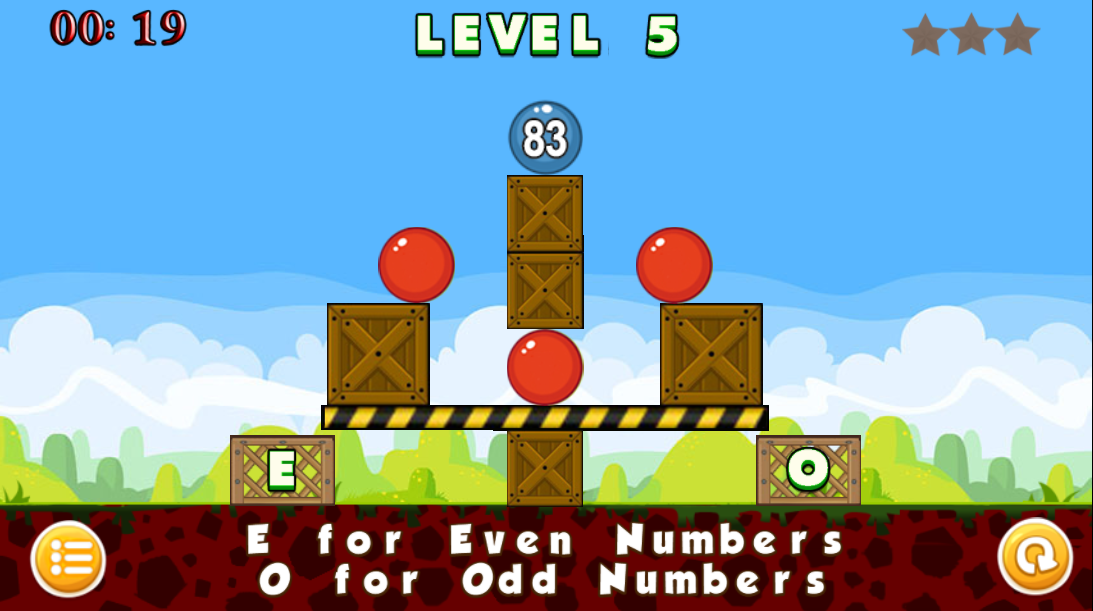Today we’re going to look at how educational online games can make learning fun but first a brief history of where we’ve come from to this point.
On April 30, 1993, four years after publishing a proposal for “an idea of linked information systems,” computer scientist Tim Berners-Lee released the source code for the world’s first web browser and editor.
The internet was born and made available for public use. It seems incredible that it was just a short time ago and it’s now hard to think of a world without it. It has changed our lives in ways none of us could have comprehended in its early days.
Today, a broad range of tv and internet packages has provided us with a means to gain access to a vast amount of content only made possible by the digital revolution.
The internet has greatly enhanced educational learning and brought in an element of fun while doing so. It is much more visual and interactive than before. This makes it much easier to learn and remember information and more of it.

Young children, in particular, have an incredible ability to learn new things but they also tend to have a short attention span. Learning in fun visual ways engages them so they don’t get bored and quickly lose interest. If you can make education a byproduct of having fun then you’re on to a winner!
I’ve always loved retro games. It’s what I grew up with and they also have an appeal to young children. They have a simple yet cute look and are usually easy to play without a lot of practice. The retro look is seriously popular, just look at the enormous success of Minecraft if you have any doubts.
I regularly play educational online games as a fun way to keep my mind sharp. They’re great for any age and ability. I especially like to do maths games as I feel this is a topic I want to stay sharp at and also I just enjoy them. I’ll highlight a couple I’ve recently been playing:
In Math Pop you’re given a target score that you must reach, using addition, by popping the numbered balloons. You start off with 25 seconds and a limited number of moves. It starts relatively easy but the target number increases and the number of moves tend to decrease making it more challenging. Speed and targeting the most useful numbers are of the essence. You need good hand-eye coordination too. It provides a good workout for both motor and mental skills.

If you found that game challenging then the next will test you further still. In Mathball Roll you are presented with a series of puzzles to solve. The concept is simple. You have to get the numbered mathball into the target box. There are two boxes marked E for even numbers and O for odd. Therefore, if the number on the mathball is 40 it would go in the E box and if it is 41 it would go in the O box.
The puzzle comprises a series of boxes, platforms and balls. You can click on any of these to remove them to help guide the mathball towards the appropriate target box. I find this game quite addictive in trying to work out the best way to solve it. I try to start with a scientific approach but very often rely on a bit of trial and error.
There are many other games maths-related games on this site as well as handy financial calculators. If you want to find something a little easier to start with, the difficulty rating of each game is shown, to act as a guide.

So next time you’re browsing the internet, look up some of these maths gems. You can play them alone or challenge your friends and family. It’s a rewarding way to spend your leisure time, learning while giving yourself a good mental workout. It’s great fun too!



